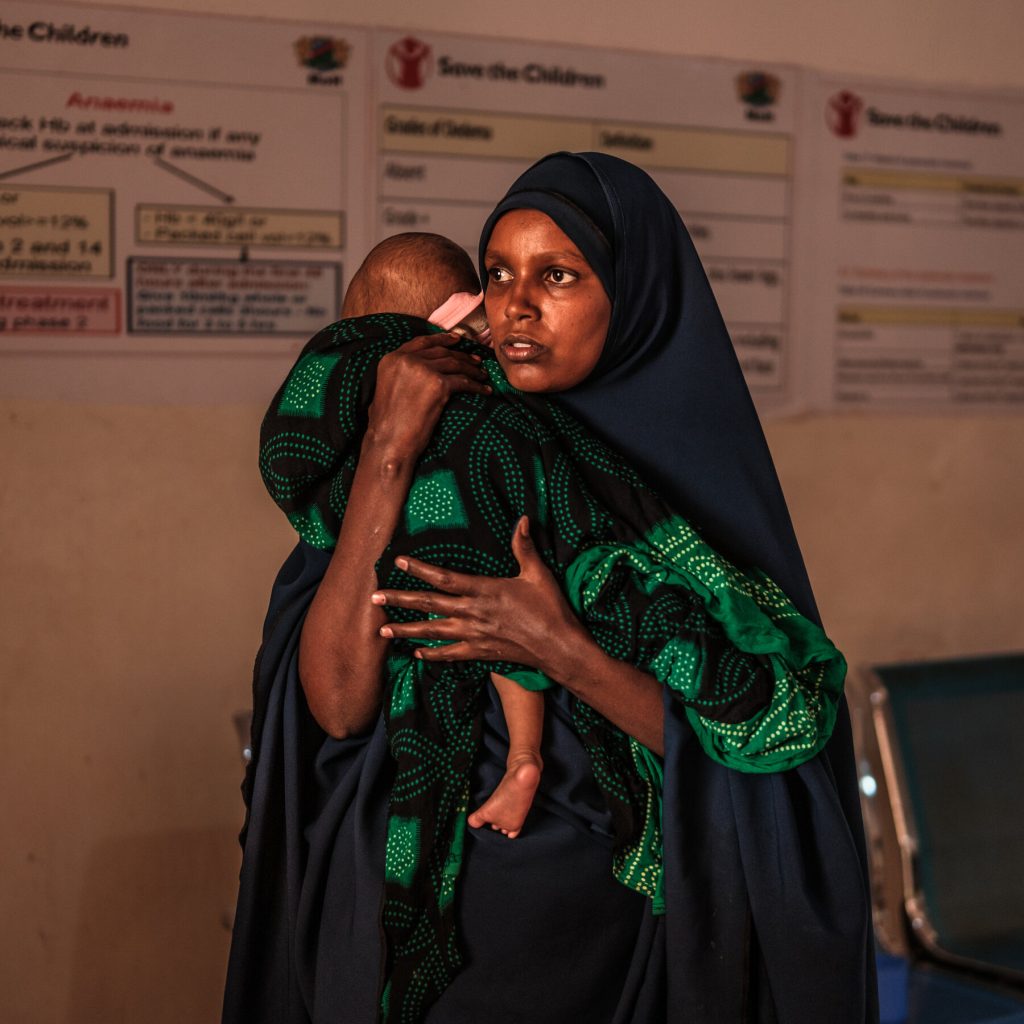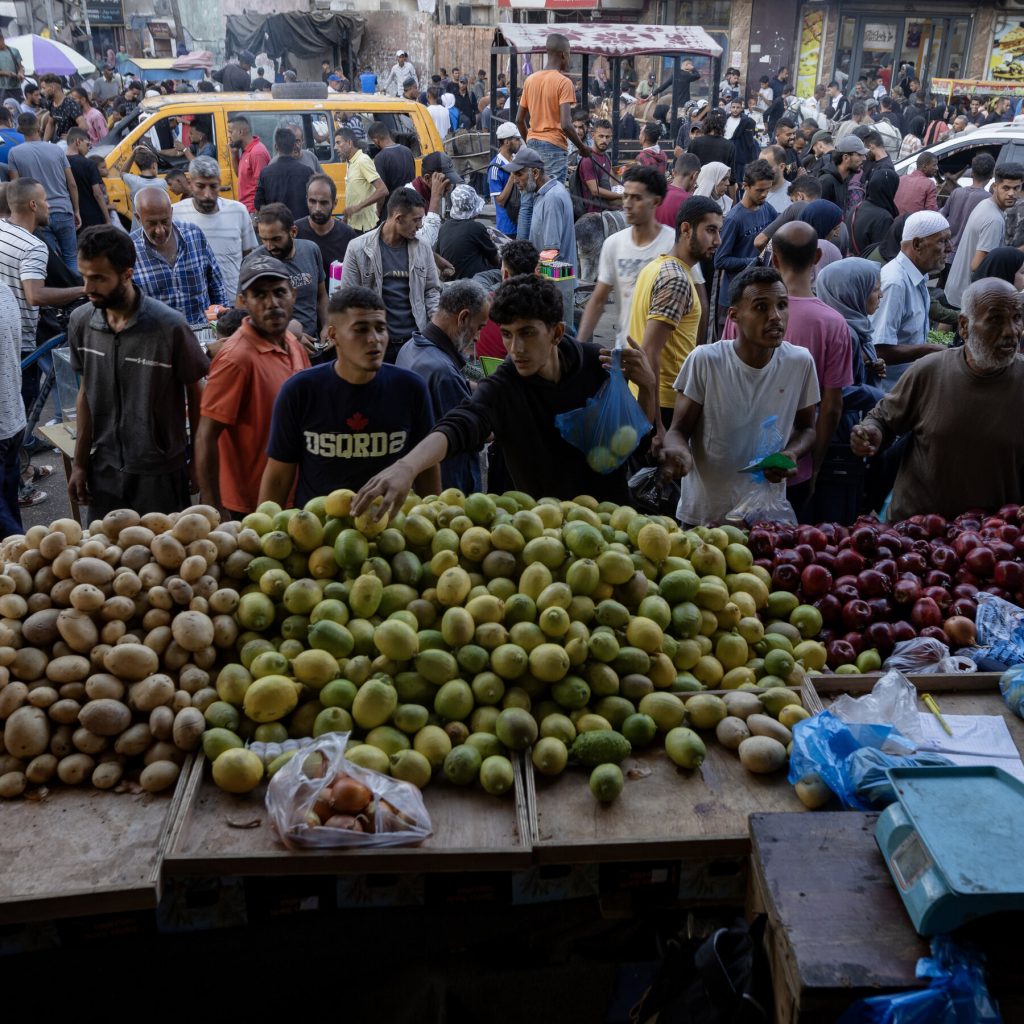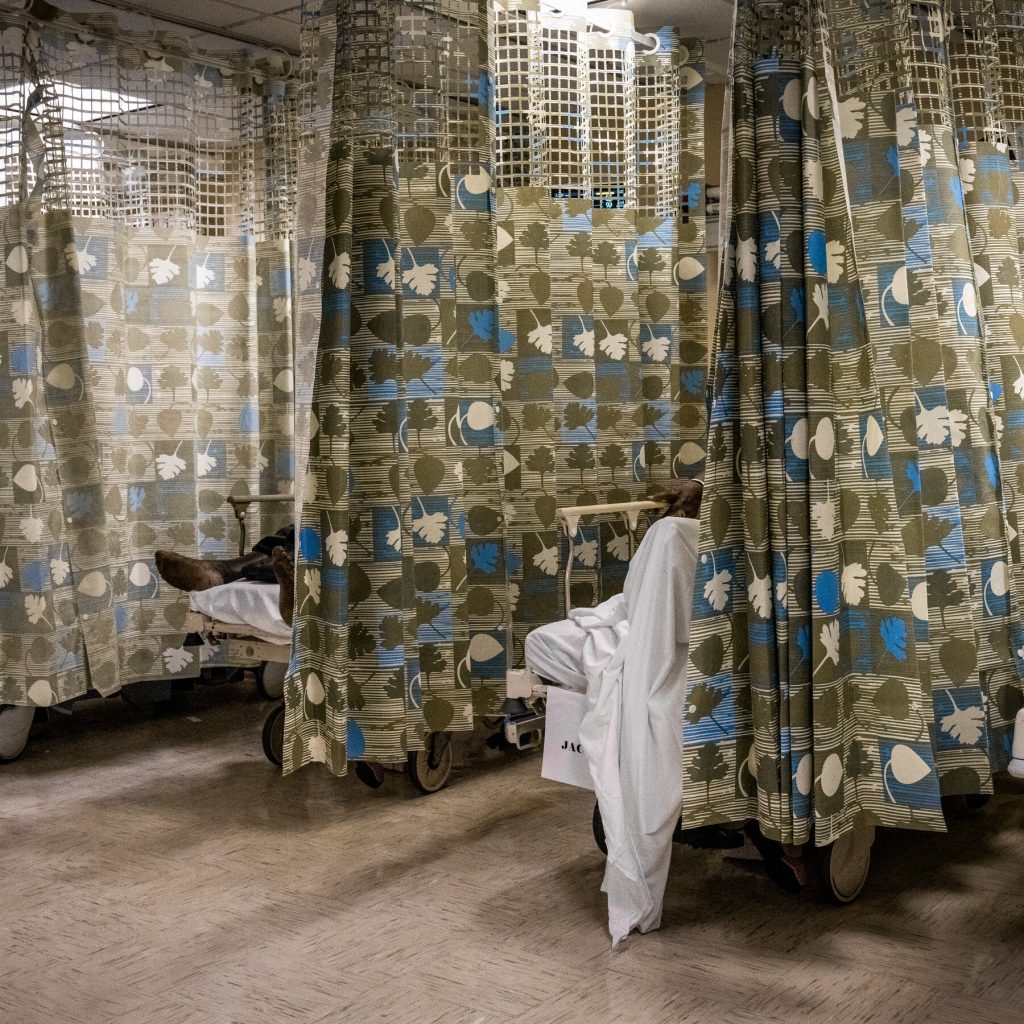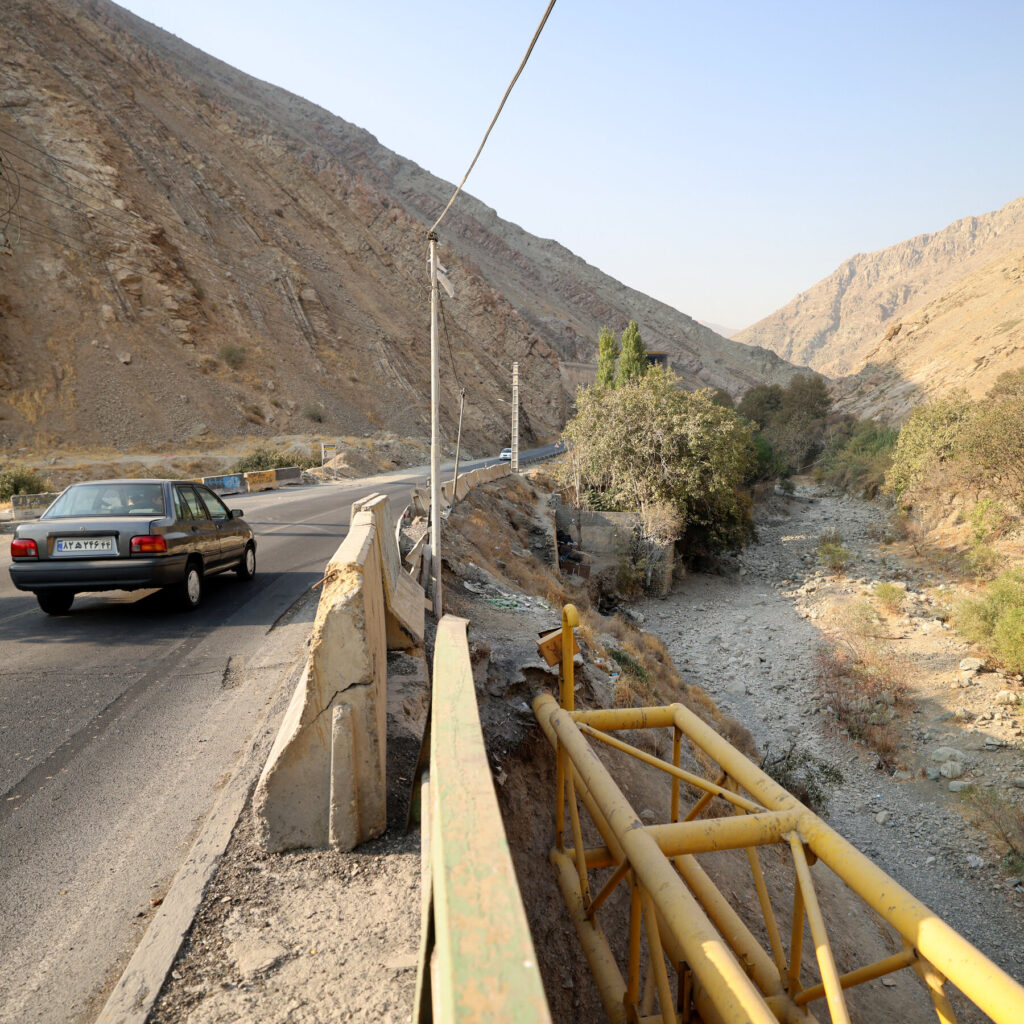A Devastating Gap in Aid: Somali Clinics Close as US Cuts Back

The closure of numerous clinics in Somalia has sent shockwaves throughout the country, exacerbating the already dire situation of hunger and disease affecting young children. The clinics, which provided vital healthcare services, were forced to shut their doors after the United States significantly reduced its aid to Somalia.
For years, these clinics had been a lifeline for many families, offering affordable and sometimes free treatment to children suffering from malnutrition and other diseases. A few dollars could go a long way in saving a child’s life, as medical staff and aid workers worked tirelessly to provide care and support. However, with the US slashing its aid, the clinics were left with no choice but to close, leaving thousands of children without access to essential healthcare.
The consequences of this aid cut are already being felt, with reports of a surge in hunger and disease among small children. Somalia, a country still reeling from the effects of conflict and drought, is facing a perfect storm of humanitarian crises. The closure of these clinics has not only left children without medical care but has also put an additional strain on already overburdened hospitals and healthcare facilities.
The impact on families is devastating. Many are struggling to make ends meet, and the loss of these clinics has left them feeling helpless and desperate. For those who can no longer afford to travel to distant hospitals or seek private care, the situation appears bleak.
As the situation continues to deteriorate, aid workers and humanitarian organizations are sounding the alarm, calling for urgent action to address the growing crisis. The need for support and aid has never been greater, and it remains to be seen whether the international community will step in to fill the gap left by the US aid cuts. For now, the people of Somalia, particularly the most vulnerable children, are paying the price for a devastating gap in aid.






